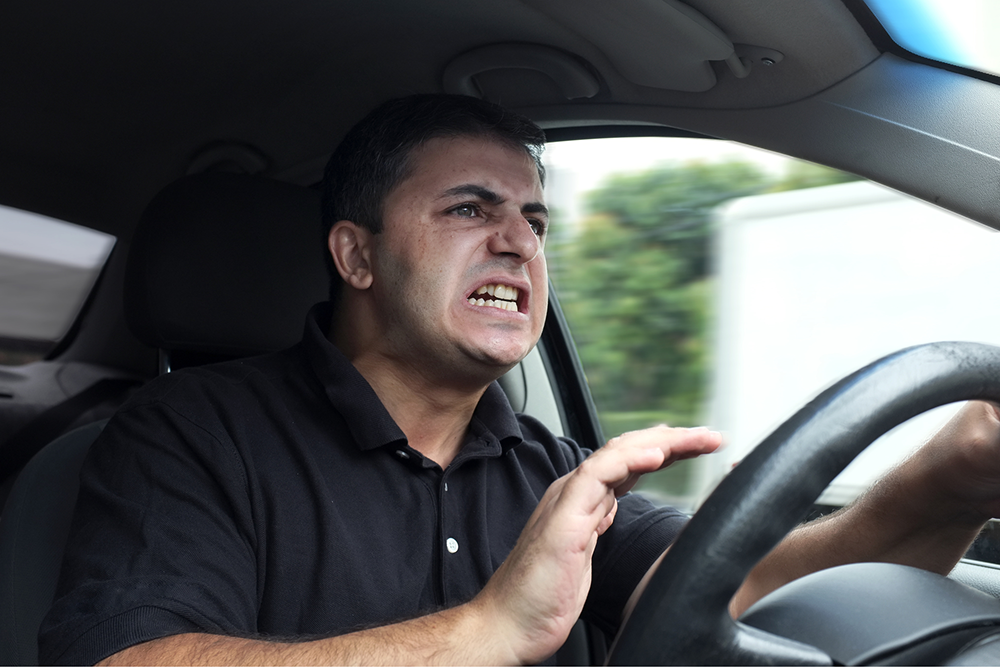Road Rage: Tips to help drivers keep their cool

Adults juggling a mortgage, career and family sometimes struggle to keep their temper in check while driving. Imagine the difficulty for teenagers with minimal driving experience when they grapple with road rage.
“People in our society become adults at the age of 18 but in terms of brain development teenagers don’t have access to normal full adult executive function,” said Dr. Bob Nemerovski, a Bay Area psychologist and expert on road rage.
Besides brain chemistry, Nemerovski cites entitlement on the roads, a feeling of anonymity and learned behaviors as factors for road rage among young drivers.
“Even if you don’t verbally abuse other drivers, your children notice if you tailgate or cut someone off and they pick up on that,” he said. “You’re priming them to be competitive on the roadway.”
Parents who struggled with their emotions while driving may have a difficult time ahead convincing their children to do better, Neverovski said.
“Even though teenagers are more about seeing what you do than listening to what you say, you need to talk with them face-to-face and acknowledge what you could’ve done better,” he said.
An unwarranted sense of ownership or superiority contributes to road rage, the psychologist added.
“Drivers of all ages get the sense they own the road,” Nemerovski said. “In reality, everyone’s time is valuable and we’re in a shared community when we’re driving.”
A feeling of anonymity also contributes to aggressive driving. Even though in an identifiable vehicle, the actual driver doesn’t personally know the other motorist and that makes viewing them as an adversary easier, he said.
“If you asked 100 random drivers about what causes anger at another motorist I would bet anonymity would be the first thing out of about 95 of their minds.”
Nemerovski shares tips for dealing with road rage at his site, www.drnemerovski.com. Here are some of his suggestions for coping with road rage:
- Give yourself time: Leave 10 minutes early so you won’t be stressed about being late.
- Learn to let go: Remember FIDO (Forget It; Drive On)
- Practice empathy: Try to imagine the other driver’s perspective and why they may be acting aggressively.
- Remember what’s at stake: You are driving a 3,000-pound vehicle in a sea of similar objects. Your health, your passenger’s well-being and the welfare of those around you isn’t worth risking.
- Keep your anger in check: You are entitled to your anger and you can indulge in it privately. But the second you turn that anger to another person you are out of line.